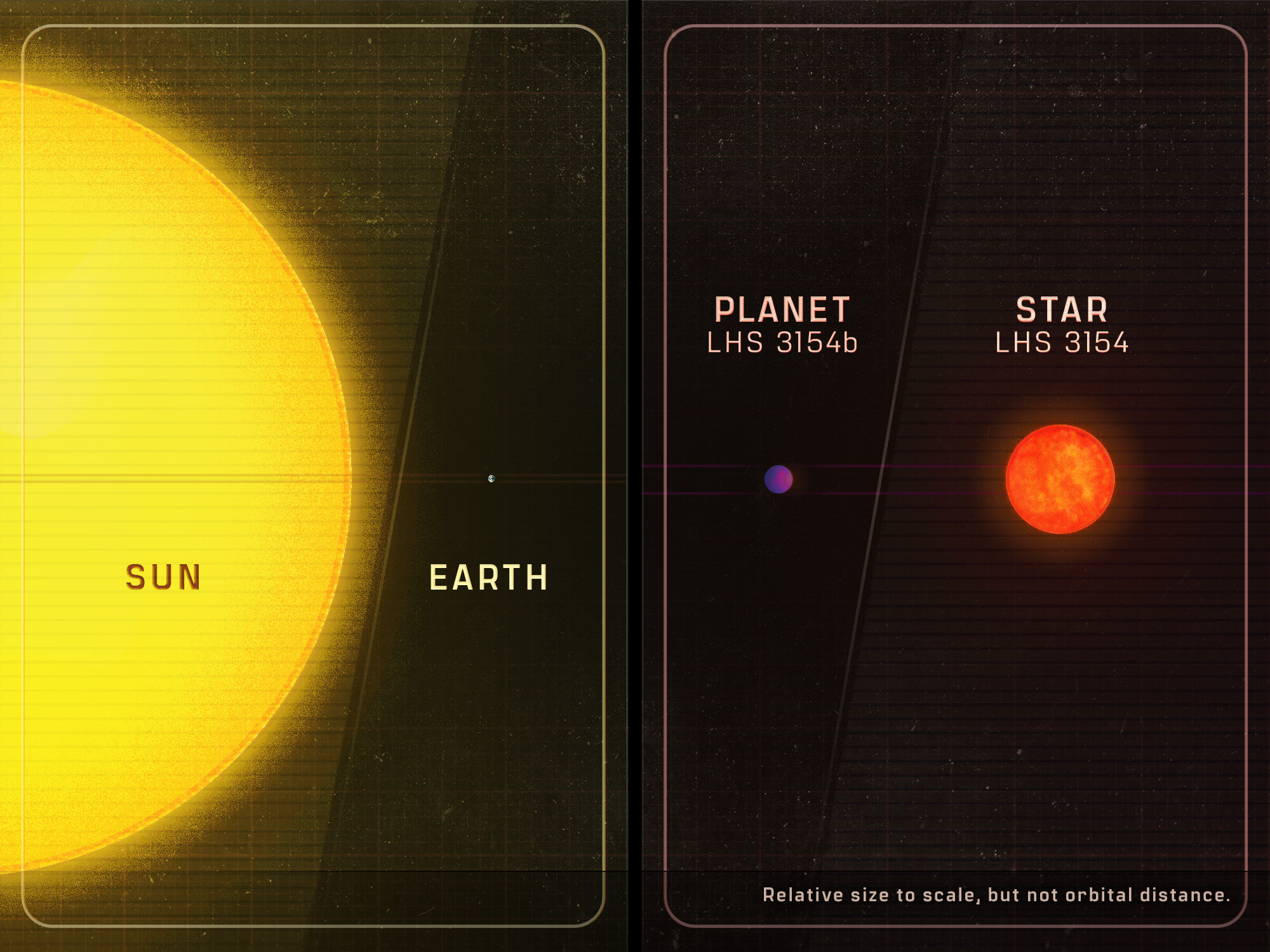The discovery of a planet that is far too massive for its sun is calling into question what was previously understood about the formation of planets and their solar systems, according to Penn State researchers.
In a paper published in the journal Science, researchers report the discovery of a planet more than 13 times as massive as Earth orbiting the “ultracool” star LHS 3154, which itself is nine times less massive than the sun. The mass ratio of the newly found planet with its host star is more than 100 times higher than that of Earth and the sun.
The finding reveals the most massive known planet in a close orbit around an ultracool dwarf star, the least massive and coldest stars in the universe. The discovery goes against what current theories would predict for planet formation around small stars and marks the first time a planet with such high mass has been spotted orbiting such a low-mass star.



I think he’s wrong too. I mean, sure, he can be terrified by whatever he wants. But I just don’t see the reasoning behind it.
An empty universe means it’s all ours. No competition, no threats, our descendants can expand at whatever the ultimate maximum speed can be practically achieved. We got there first and so we claim the prize.
There is essentially no way we are the only ones in the entire universe. It would have to be the most astounding and amazing luck for that to be the case…. Vanishingly small, might as well be zero, chance of being the only ones. The universe is an absolute monster in size. There is no way for our monkey brains to even fathom how big it is. We need abstract numbers to even talk about it, which make it so anything that could exist most likely does.
However, those extraterrestrial peers of ours may be so far away that we might as well be alone. Even if we traveled for millions of years and kept our warring civilization from destroying itself, we may only explore a small percentage of this one single galaxy. Even if we managed to catalogued the entire thing, there are still 200 billion more galaxies out there. Our alien buddies may be on one of those that will soon blip out of existence due to universal expansion before we could get there, even if we traveled at maximum speed, never to be seen or heard from again.
When we talk about actually attainable and achievable exploration goals, the chances of other intelligent life existing get sort of really small. That is what I find to be not terrifying, but somewhat depressing to think about.
We are indeed limited in what portion of the observable universe is reachable thanks to the expansion of the universe. IIRC something like 95% of the galaxies we can see would be impossible to ever reach even if we travelled at the speed of light to get there, they’d disappear across the cosmological event horizon before we could get there.
But 5% of the observable universe is still pretty darned big. I wouldn’t be surprised if our expanding sphere of colonization eventually bumped into another one. But we’ll have colonized hundreds of millions of galaxies by then, so I’m not going to be too upset by that. Mustn’t get greedy. :)
You might be interested in this article, Eternity in six hours. It suggests that a civilization with access to six hours’ worth of a single Dyson swarm’s total energy output could launch a colony ship to every galaxy within that reachable horizon. This makes the Fermi paradox a lot sharper since aliens could do the same thing, but it really illustrates just how easy it should be to get spreading around the cosmos once we get up into space in a serious way.
Thank you I’ll check that out. Interesting concept.
If we expand into the galaxy, even into just our local bit of galaxy, we will make a new threat out of some of the colonies.
We will also be those colonies, though. So whoever wins it’s us.
Humanity has always had internal conflict. That’s just part of us being us. Though perhaps our descendants will develop in less contentious ways, if that works well for them.